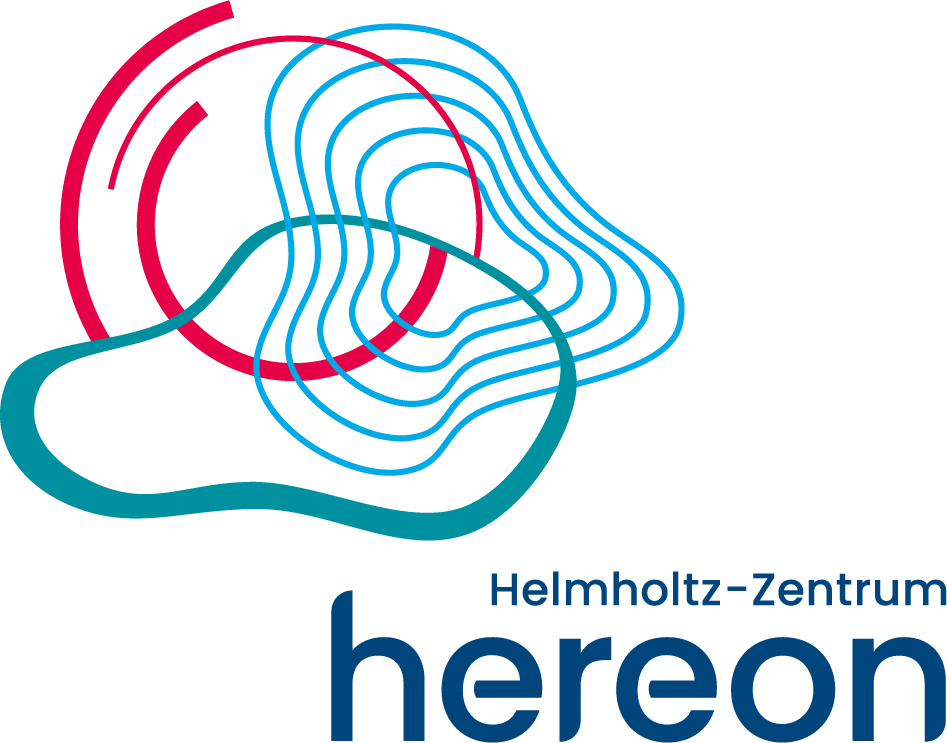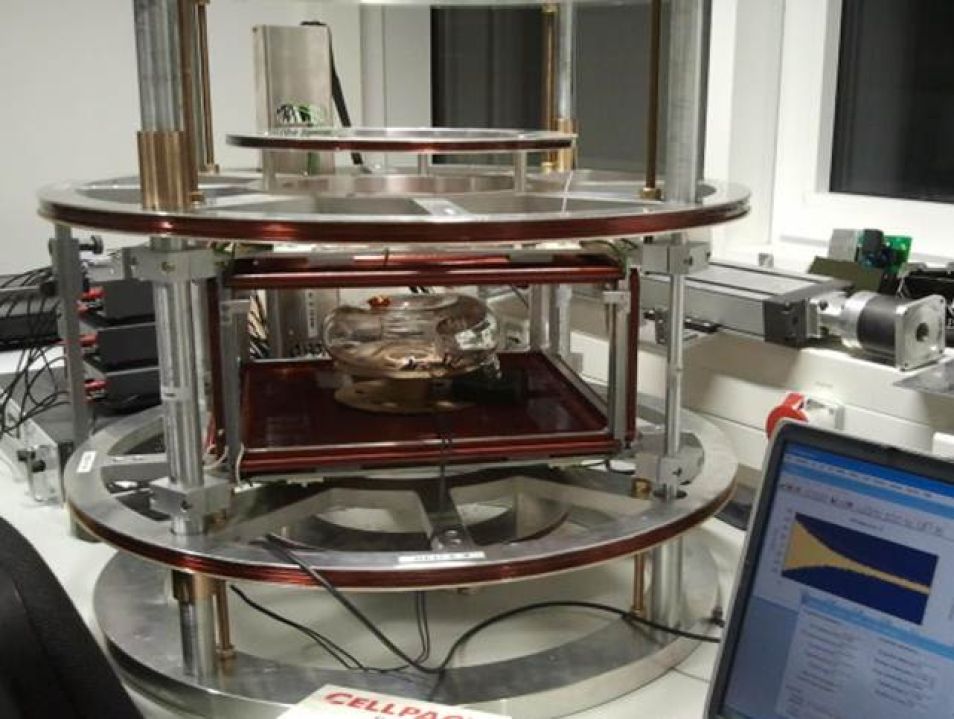MLZ ist eine Kooperation aus:
 > Technische Universität München
> Technische Universität München > Helmholtz-Zentrum Hereon
> Helmholtz-Zentrum Hereon
 > Forschungszentrum Jülich
> Forschungszentrum Jülich
MLZ ist Mitglied in:
 > LENS
> LENS > ERF-AISBL
> ERF-AISBL
MLZ in den sozialen Medien:

MLZ
Lichtenbergstr.1
85748 Garching
Neutron Methods
The interplay between technical progress and methodological development leads to new and improved instruments and methods for neutron scattering. Driven by the scientific demand on one hand such progress on the other hand opens new perspectives for the scientists. This cross-fertilisation is a central keystone to the ongoing success story of neutron scattering. The science group Neutron Methods provides within the MLZ a platform to discuss state-of-the-art methodological techniques and to exchange technical knowledge among the scientists from different disciplines.
Neutron scattering methods are outstanding in the study of magnetic properties of matter. Consequently specific instruments and methods making use of the spin state of the neutrons are of very high interest and subject of recent devlopments. Namely wide angle polarisation analysis devices for spectroscopy instruments will be key components for future instrumentation. The Neutron Methods group will actively contribute to the field of polarised neutrons.
Topics
- Advanced neutron guides
- Neutron polarisation and polarisation analysis
- Neutron detection
- Advanced shielding
Group Coordinator
Dr. Michael Schulz
Phone: +49 (0)89 289-14718
E-Mail: michael.schulz@frm2.tum.de
Dr. Sebastian Busch
Telefon: +49 (0)89 158860-764
E-Mail: sebastian.busch@hzg.de

MLZ ist eine Kooperation aus:
 > Technische Universität München
> Technische Universität München > Helmholtz-Zentrum Hereon
> Helmholtz-Zentrum Hereon
 > Forschungszentrum Jülich
> Forschungszentrum Jülich
MLZ ist Mitglied in:
 > LENS
> LENS > ERF-AISBL
> ERF-AISBL
MLZ in den sozialen Medien:



